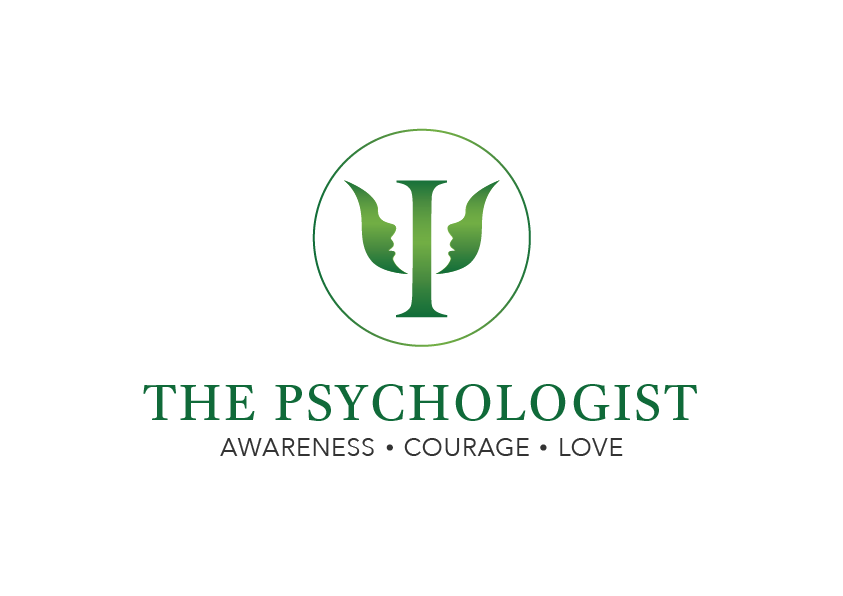When the Ache Doesn’t Go Away: Understanding and Managing Chronic Pain
“I used to run marathons. Now I struggle to get out of bed.”
This was the quiet reflection of a client who walked into our clinic after battling back pain for nearly two years. He had seen multiple specialists, undergone scans, tried medication, and even attempted to “tough it out.” Nothing worked. And slowly, the pain began to take more than his mobility—it chipped away at his confidence, relationships, and joy.
Chronic pain is not just a physical experience. It’s emotional, social, and psychological. According to the International Association for the Study of Pain (IASP), pain is a complex experience shaped by our nerves, thoughts, emotions, and hormones. While acute pain serves as a useful warning signal, chronic pain, pain that persists beyond three months, often becomes the problem itself.
In Singapore, a local study found that 15.3% of the population has experienced at least one pain condition in their lifetime. Older adults, women, and those with higher education or income levels were more likely to be affected. But it isn’t just about demographics, it’s about how pain weaves into life’s fabric and starts unravelling it.
Why Does Chronic Pain Feel So Overwhelming?
Many clients don’t just report physical discomfort. They talk about:
Loss of livelihood: Unable to work, some face financial instability and a diminished sense of purpose.
Medication reliance: Overuse of painkillers, especially opioids, can lead to unwanted side effects or even dependency.
Repeated disappointments: Multiple treatments with no relief can erode hope, making pain feel like a life sentence.
Unhelpful beliefs: Thoughts like “Pain means something’s broken,” or “I must stop if I feel pain,” contribute to inactivity and worsening symptoms.
Reduced movement: Studies show that people with chronic back or neck pain often lead more sedentary lives, resulting in poorer sleep, increased disability, and even depression.
A New Way Forward: Psychological Support in Pain Management
At The Psychologist, we see pain not just as a medical issue but as a lived experience. Our approach honours each individual’s story, because pain affects more than the body.
Working with a psychologist can help address the emotional and behavioural challenges that come with persistent pain. Through a safe and supportive space, we help you:
Explore the emotional impact of pain
Reframe unhelpful beliefs that may be feeding the cycle
Develop coping strategies using evidence-based approaches such as CBT, ACT, and mindfulness
Learn techniques to manage stress and improve sleep
Rebuild routines that restore meaning, movement, and confidence
Many people find relief not by eliminating pain entirely, but by learning to live with it, more meaningfully and less fearfully.
It’s Okay to Ask for Help
Living with chronic pain can feel lonely. But you’re not alone. Help exists, not just in prescriptions or procedures, but in conversations, awareness, and support.
And sometimes, it starts with the simple act of reaching out.
Ready to take the first step toward understanding and managing chronic pain?
Visit www.thepsychologist.com.sg or reach out to connect with a trained psychologist who will walk this journey with you—with awareness, courage, and love.
